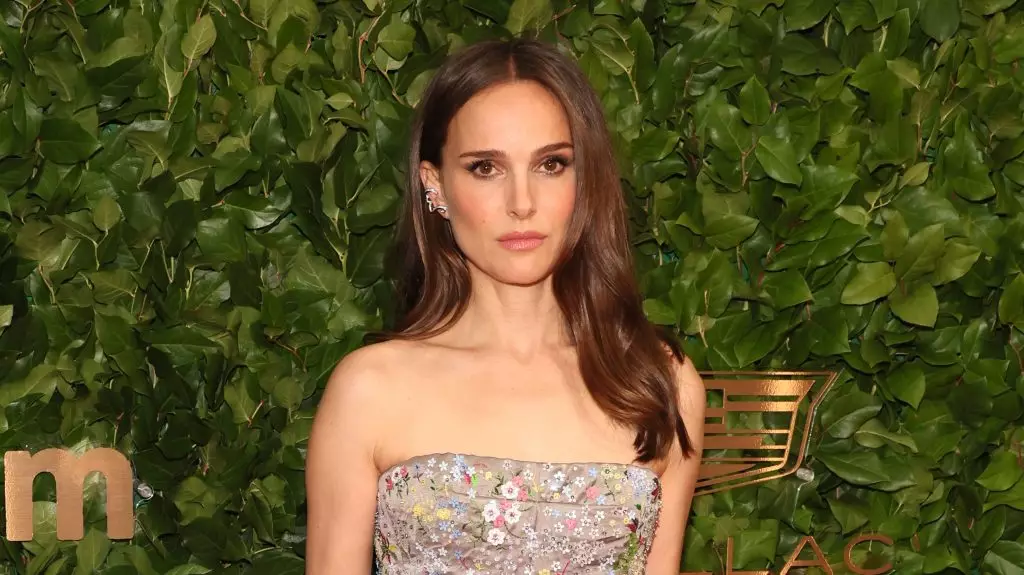Natalie Portman, a name synonymous with talent and resilience, burst onto the scene at a remarkably young age. Her debut film, *Léon: The Professional*, showcased not just her acting prowess but also thrust her into the harsh realities of public life. Portman’s candid discussions about her early experiences reveal a sobering truth about the entertainment industry: the sexualization of child actors. With startling honesty, she mentions undergoing “a long Lolita phase,” highlighting the uncomfortable scrutiny that often surrounds young girls in the spotlight.
It is essential to honor her bravery in bringing this issue to light. Her perspective sheds light on the pressures that can distort a child’s sense of self. The stark contrast between her public persona and her authentic self became a survival strategy, a protective shield against the projections of an industry that often struggles to contextualize the humanity of young entertainers. Portman’s choice to present an image of seriousness as a defense mechanism encapsulates a profound commentary on the often predatory nature of Hollywood.
Creating Boundaries in an Invasive Industry
Throughout her career, Portman has navigated the treacherous waters of fame with a remarkable degree of self-awareness. She openly articulates the notion that “if you tell people how private you are, your privacy gets respected a lot more.” This statement is a powerful reminder of the complex dance between celebrity and personal life. In a society where boundaries are frequently breached, Portman’s conscious decision to limit public engagement regarding her personal relationships, including motherhood, underscores a necessary approach to reclaiming her narrative.
The delineation she draws between her public image and private self reverberates in the stories of many others in the industry. Portman’s steadfastness in the face of invasive media reflects a broader call for actors, particularly women, to assert control over how they are perceived and discussed in public discourse. Her avoidance of glamorized family photo shoots serves as a testament to her commitment to maintaining a degree of distance from the sensationalism that can accompany celebrity culture.
Balancing Authenticity with Celebrity Expectations
In a particularly enlightening discussion with Jenna Ortega for Interview magazine, Portman expressed how her crafted public persona—stemming from a need for safety—has led to misconceptions about her true character. She reflects on the irony that the more one tries to shield their vulnerability, the more constraining the public’s perception becomes. This dichotomy raises the question: how do we engage with celebrities in a manner that respects their individuality and complexity?
Portman’s filmography speaks volumes about her artistic choices; she diverged from several roles that could have further entrenched her in the “Lolita” archetype, demonstrating her resolve to carve a path aligned with personal values rather than industry standards. Rejecting the opportunity to star in a more explicit adaptation of *Lolita* exemplifies her commitment to protecting her own identity, even amidst intense pressure.
Her evolution from a young girl in Hollywood to an empowered woman who advocates for herself and others serves as an inspiring narrative. Portman’s journey resonates with an essential truth: that authenticity shines brightest when it transcends the confines imposed by others. She embodies a powerful message that true strength lies in owning one’s story, defying societal expectations, and ultimately, reimagining what it means to exist in the public eye.
